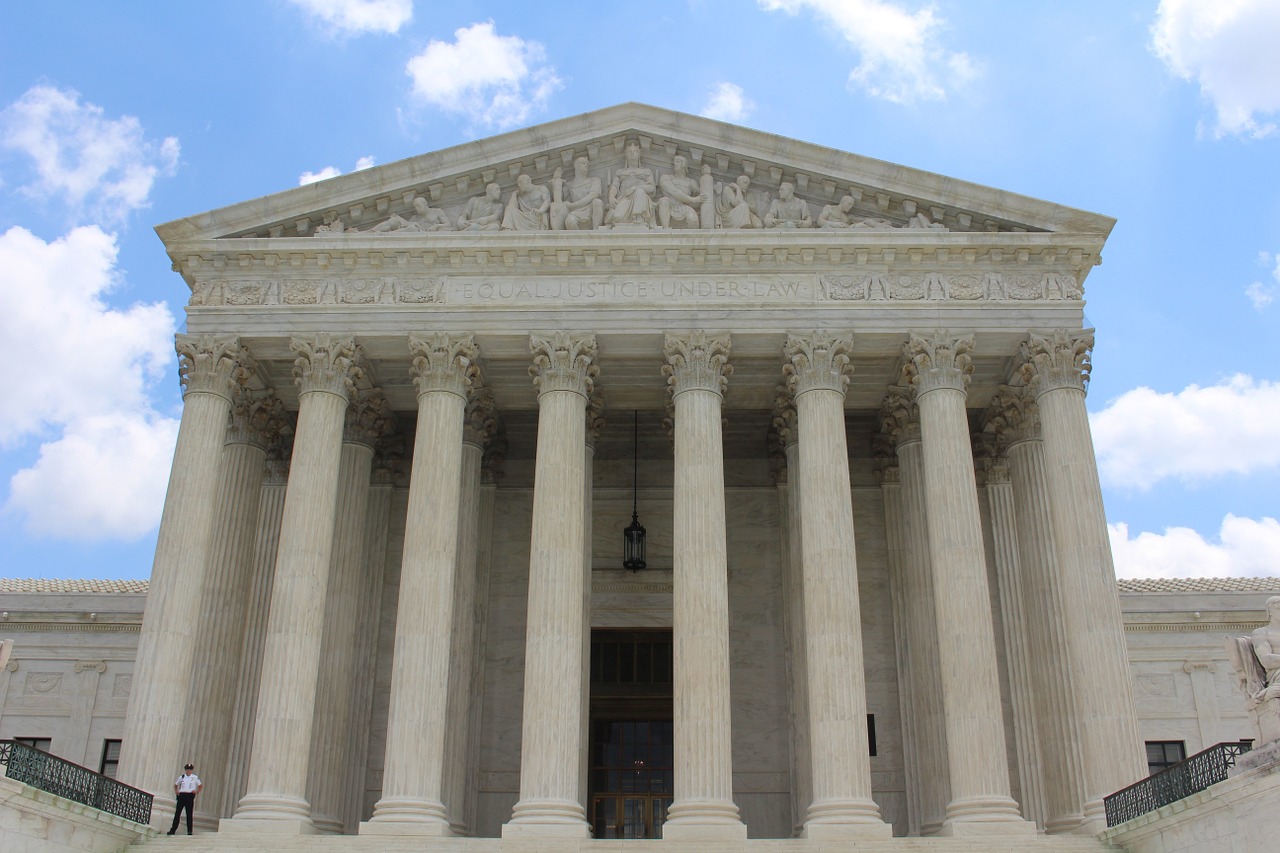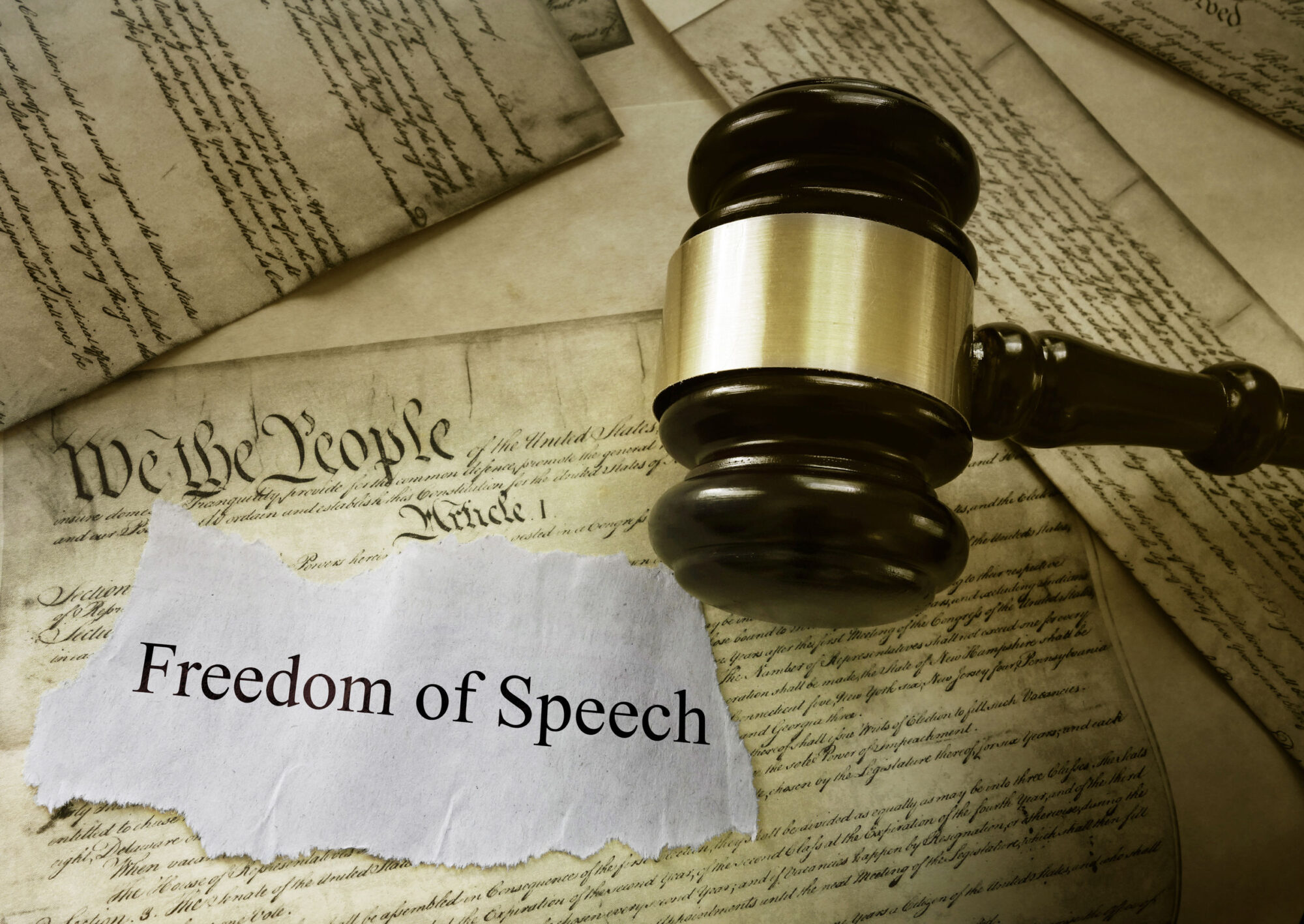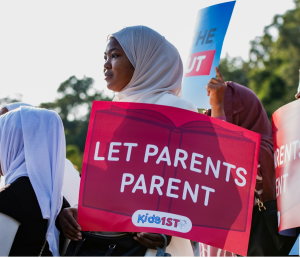Lawmakers are banking on the U.S. Supreme Court overturning a 1992 decision, known as Quill, that limits the ability of states to collect sales taxes on some internet purchases.
The Court will hear oral arguments on South Dakota vs. Wayfair, an online retailer case, today. Kansas Attorney General Derek Schmidt is hoping Justices will overturn the 1992 decision. The 1992 decision, related to catalog sales, determined that catalog retailers need only pay sales taxes to states where they have a physical presence, and most internet retailers have been doing the same ever since.
In a brief to the Court, attorneys from the Kansas Attorney General Derek Schmidt’s Office wrote that the 1992-established rule “throws a wrench into the States’ tax machinery,” because many online retailers refuse to collect sales tax at the point of sale.
“Some remote online retailers even advertise–falsely–that their online sales are ‘tax free,’” the Kansas AG’s brief reads. “…Thus compounding the problem by placing local, physically-present retailers at an apparent price disadvantage.”

The state already collects sales tax from most online purchases. Nearly half of all online sales nationwide–44 percent–were through Amazon in 2016. Along with Amazon, Walmart also collects state sales tax from online purchases.
The U.S. Government Accountability Office estimates Kansas will rake in an additional $113 to $170 million in sales taxes, if the Court changes course. A Kansas fiscal note for legislation that would do the same thing estimates collecting sales tax from out-of-state retailers would add about $93 million to state coffers.
Some lawmakers are counting on the new funding to help pay for a proposal to add $500 million in new cash to schools over the next 5 years. Gov. Jeff Colyer signed the bill today at Seaman High School in Topeka.
“We do not need to raise taxes to do this,” he said. “We afford it by growing the state’s economy.”
Some theorize the state won’t need to increase taxes for the added funding, but Dave Trabert, president of the Kansas Policy Institute, says not returning state revenue gains related to federal tax reform and collecting more taxes through internet sales constitutes a tax increase.
“If you’re going to take more revenue in and you’re going to spend it, that’s a tax increase,” Trabert says.
Rep. Abraham Rafie, an Overland Park Republican, disagrees. He stopped short of calling a potential change in tax code via a Court ruling a tax increase.
“I think it makes the tax code more fair, and I would consider a sales tax rate increase, a tax increase, but applying the taxes that we currently have fairly is not a tax increase.”
He likened it to a person who didn’t pay their income taxes due to a technicality in the law.
“If we changed that law, that’s not a tax increase. That’s tax fairness,” he said.
In the case before the U.S. high court, advocates for overturning the 1992 decision say the old sales tax rules aren’t fair.
“The current tax system favors online retailers over brick-and-mortar businesses, and undermines fair and open competition in the marketplace,” the National Retail Federation argues in a brief it filed in the case. President Donald Trump’s administration is siding with the National Retail Federation, but those on the opposite side say the change would create an undue burden on small online retailers.
The Kansas House Taxation Committee heard its own testimony on how the possible change would affect Kansas. Rafie, who sits on the committee, said the tax change would create a challenge for smaller retailers. He noted large retailers generally have systems in place to deal with the estimated 16,000 different taxing units across the nation.
“Making sure we’re fair to all retailers and that we’re fair to in-state and out-of-state folks is really important,” Rafie said. “Having a fair and equitable sales tax policy, I think, is really important.”



